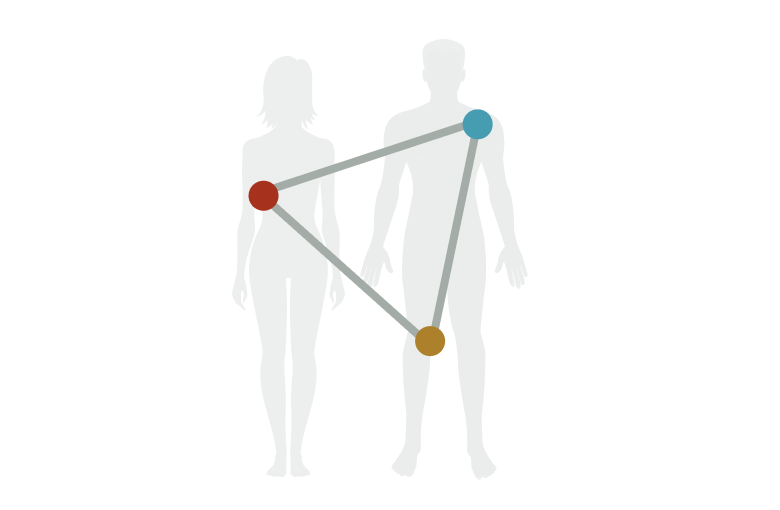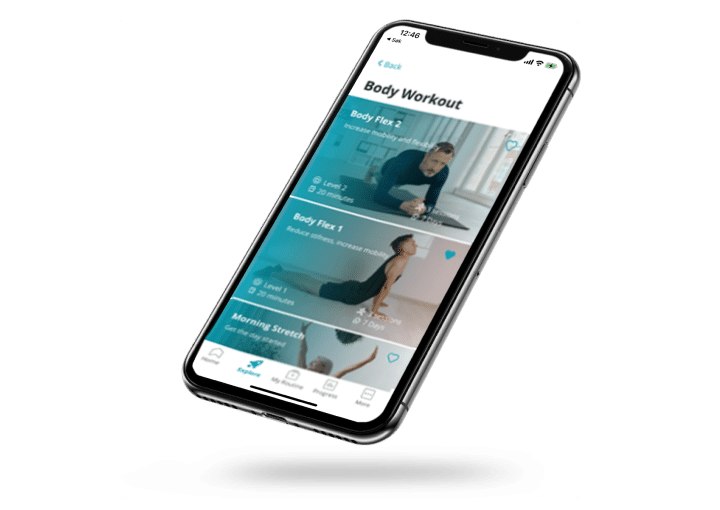Introducing Trigo
Connection
Awareness and control
Conditioning
Strength, endurance and mobility
Cognition
Understanding

Trigo method
Trigo is an innovative health technology company that aims to make physiotherapy accessible. Based upon over 25 years physiotherapy practice, Trigo has curated supported self-care solutions for lasting results.
Why supported self-care? Because it is often what you do for yourself that works best for you. Trigo supports and empowers you to take an active role in your own health to experience greater control and better outcomes. Download Trigo today and take first step to enjoying the freedom and flexibility of good musculoskeletal health.
Read more
Trigo app
Trigo app
Trigo puts you in control of your physical health and wellbeing. Explore Trigo routines, professionally curated by physiotherapists and conveniently delivered through the app to you each day, to help you achieve your goals. Trigo routines have been professionally curated by Trigo physiotherapists and your activities will be delivered to you each day right into your app, blending Conditioning | Connection | Cognition to help you understand more about your musculoskeletal health and help you maintain motivation. So, whether you wish to gain, to regain or maintain flexibility; to improve your sporting performance; or to overcome injury or pain; you are in the right place.
What our users say

Our story and who we are
Trigo is a health technology company that takes an innovative approach to democratise professional physiotherapy and supports people to manage musculoskeletal disorders or achieve performance objectives. Supporting our physiotherapist CEO, Trigo has a talented and experienced operations and technology leadership team who for over a decade have been providing international health and financial services technology solutions. Trigo is backed by committed and enthusiastic investors with strong networks and experience.
So, what’s the story?
Read more










